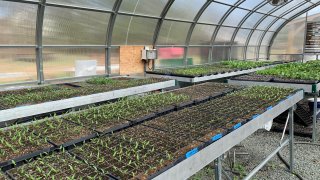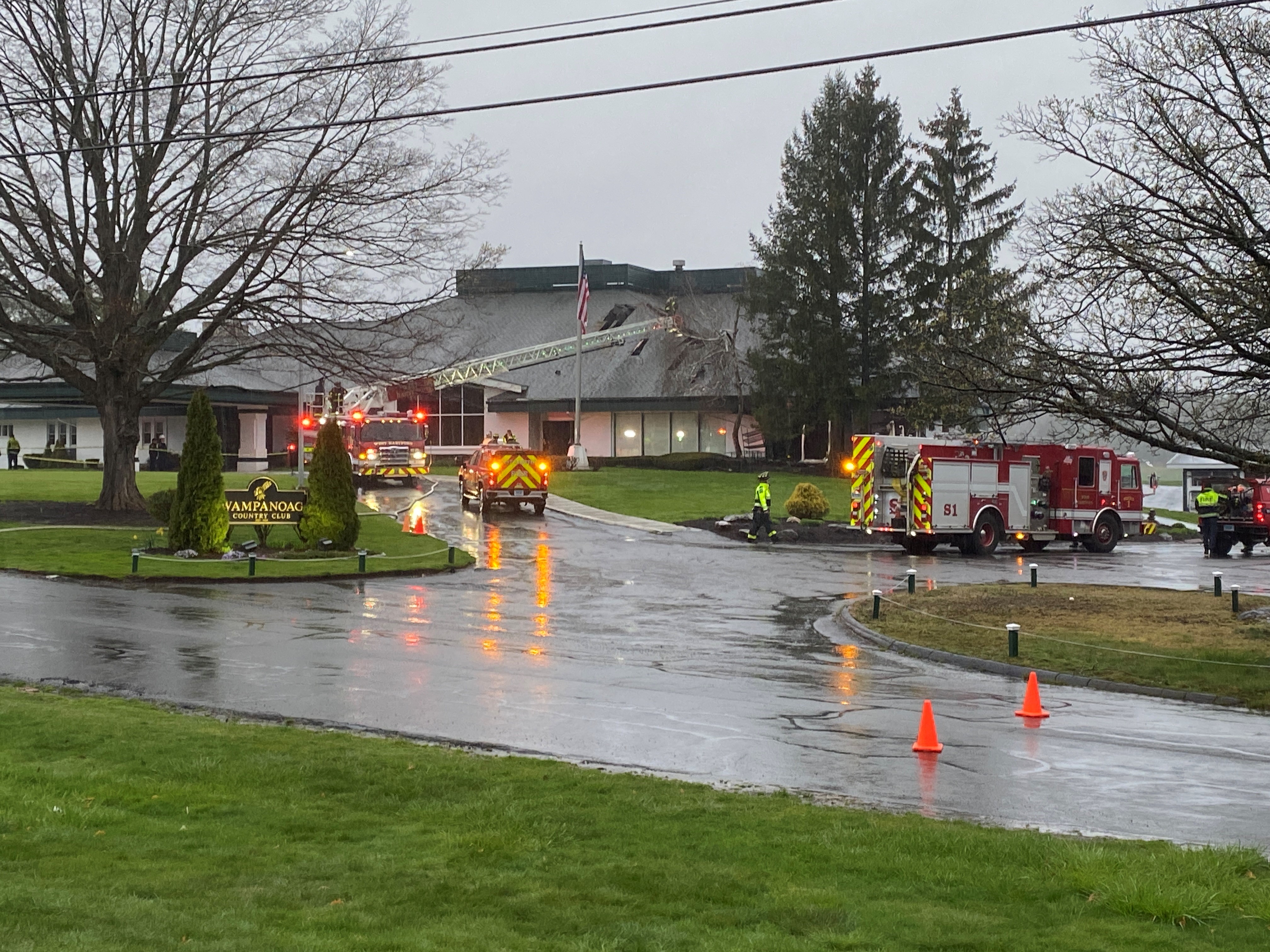
Only about 2% of the U.S. population is growing food, and BIPOC - or Black, Indigenous and People of Color - make up an even smaller percentage of farmers. But one Simsbury farm is helping minority farmers and their local businesses.
“All of us have these similar stories of the lengths we go through just to grow food. All of us,” said Vicheth Im, a Farmer for CT Valley Farms and active member of Gifts of Love farm.
Im is one of eight BIPOC farmers at Gifts of Love, an incubator farm where local farmers can grow produce to then be sold across local communities. All of the farmers come with unique backgrounds and very diverse crops.
“We have such a great group of farmers here,” Im said. “We have someone from the Hopi tribe, someone from Zimbabwe. If you’re into Latin food, there’s Manny, if you want Asian crops you can bother me,” said Im. “If you want broccoli rabe you can go see Jim, so it’s really, really magical.”
Get Connecticut local news, weather forecasts and entertainment stories to your inbox. Sign up for NBC Connecticut newsletters.
Gifts of Love provides resources like greenhouses, land, irrigation systems, and so much more to help community members thrive. Management is also here to help educate and develop the farmers of the future.
“This is like a program where they can go through to learn but they’re actually running their own business at the same time,” said Jim Dombroski, the farm manager at Gifts of Love.
That is exactly what Zania John and Emmanuel Marte, who met studying biology and nutritional science at UConn, are doing. Johnson and Marte started Micro2life, LLC as a way to grow local, organic vegetables for their community.
Local
“We really know that a lot of the areas, especially the inner city, doesn’t have options for nutrient-dense vegetables,” Johnson said. “And so our main mission is to get the locally organic produce to them.”
But another goal of theirs is to educate.
“We’ve also done education in the Hartford Public Schools when we did a demonstration on some of the crops that we were growing,” Marte said.
“As minority business owners and farmers, we really want to show the people who is growing the foods. Especially when it comes into terms with the culturally relevant foods that were growing,” said Johnson. “We really want them to see that it’s coming from farmers who are just like them.”
As their business continues to grow, Johnson and Marte hope to expand their outreach to students across Connecticut while continuing to provide food for schools, restaurants, and local farmers markets -- all while developing the BIPOC farming community.
“We’re collaborating with a lot of farmers of color as well and we’re uniting to bring more awareness to farming and how it’s lacking in the BIPOC community,” Marte said.
“We are people. A lot of us are immigrants but we contribute to the community,” said Im. “Whether we’re doctors or custodians or painters, we're all different occupations and people and we don’t bite.”



